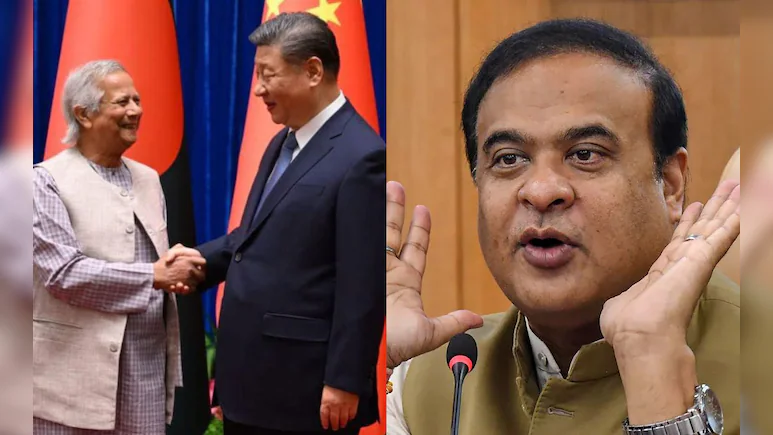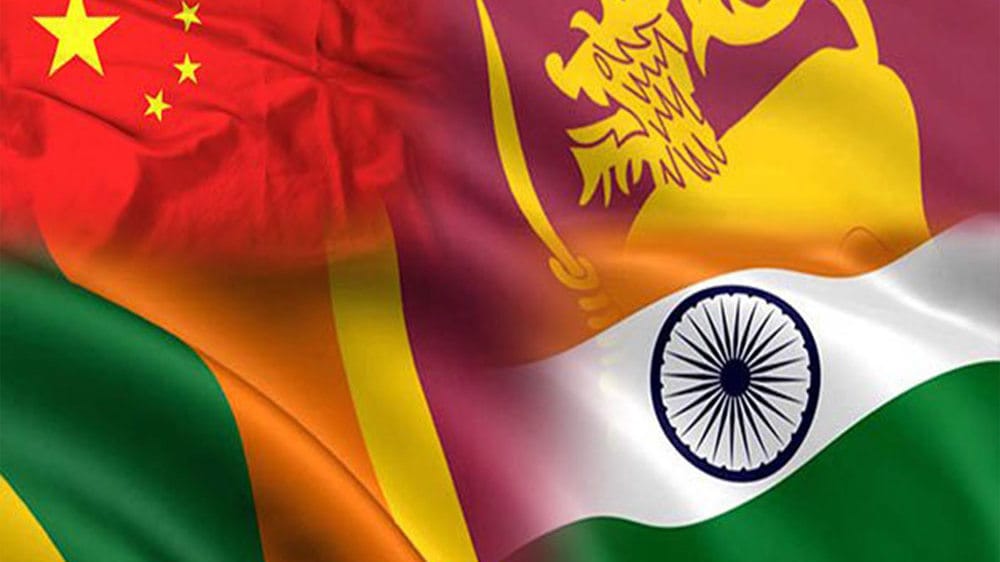
Northeast Leaders Hit Back at Dhaka: ‘Might As Well Split Bangladesh’!
April 1, 2025 | Guwahati/Dhaka
Tensions between India and Bangladesh have flared up after a controversial remark from a senior Bangladeshi official, drawing sharp criticism from political leaders in India’s Northeast. In a heated response, several Northeast leaders, including chief ministers and influential political figures, have suggested that if Bangladesh continues to provoke India, it could lead to serious consequences—even raising the possibility of splitting Bangladesh.
The Controversial Remark That Sparked Outrage
The controversy erupted after a senior Bangladeshi minister allegedly made a statement regarding India’s Northeast, which was perceived as an unwarranted interference in India’s internal affairs. While the exact details of the statement vary depending on sources, reports suggest that the Bangladeshi official either questioned India’s policies in the region or commented on the political situation in Assam and neighboring states.
Bangladesh has historically been sensitive about the Northeast, given its geographical proximity and the historical role India played in the creation of Bangladesh in 1971. However, the latest remarks have not gone down well in India, with many leaders accusing Dhaka of overstepping diplomatic boundaries.
Northeast Leaders’ Strong Reactions
Political leaders from Assam, Arunachal Pradesh, Meghalaya, and Tripura have slammed the remarks, calling them “unacceptable” and warning Bangladesh against making further provocative statements.
Assam Chief Minister Himanta Biswa Sarma, known for his outspoken stance on regional security and foreign policy, was among the first to react. “India has always stood by Bangladesh, but this kind of language will not be tolerated. If Dhaka thinks it can interfere in our affairs, they should remember that history can repeat itself. Might as well split Bangladesh if they continue down this path,” he reportedly said in a strong statement.
Tripura’s Chief Minister also criticized Bangladesh’s approach, stating, “We have shared cultural ties and historical bonds, but we cannot allow any foreign country to make statements that undermine India’s sovereignty. The Northeast is an integral part of India, and no external forces should think they can dictate terms here.”
Similarly, Arunachal Pradesh’s leadership warned that India should reconsider its diplomatic approach toward Bangladesh if such incidents persist. “We have seen how certain elements in Bangladesh have been trying to create instability in the Northeast. If they continue this behavior, it will only weaken their own position in the region,” a senior minister stated.
Strategic & Diplomatic Implications
The escalation of rhetoric has raised concerns about the impact on India-Bangladesh relations, which have remained relatively stable under the leadership of Prime Minister Narendra Modi and his Bangladeshi counterpart Sheikh Hasina. However, India has long been wary of political shifts in Bangladesh, especially with the growing influence of Islamist elements and opposition parties that have historically been critical of India.
Security analysts have also warned that heightened tensions could affect border management and counter-terrorism cooperation between the two nations. India and Bangladesh share a 4,096-kilometer border, making border security a crucial factor in bilateral relations. Any deterioration in ties could impact trade, migration policies, and security collaborations.
Moreover, Bangladesh has recently been strengthening its ties with China, a move that Indian policymakers are closely monitoring. Some experts believe that Dhaka’s controversial remarks may be influenced by shifting geopolitical strategies, aimed at gaining leverage in diplomatic negotiations with India.
What Comes Next?
While the Indian central government has not yet issued an official response, sources indicate that diplomatic backchannel discussions are underway to prevent the situation from escalating further. It is expected that New Delhi may seek clarification from Dhaka regarding the remarks and convey its displeasure through official diplomatic channels.
On the ground, political tensions are unlikely to subside soon, as leaders in the Northeast continue to demand a stronger response from the central government. “If India does not take a firm stand now, this will set a dangerous precedent. We cannot allow any foreign country to question India’s sovereignty, especially in the Northeast, which has seen enough geopolitical interference in the past,” an opposition leader from Assam stated.
As both India and Bangladesh prepare for upcoming elections, political analysts suggest that these statements could be politically motivated, aimed at stirring nationalist sentiments in both countries. However, given the historical sensitivities surrounding Bangladesh’s independence and its ties with India, any further escalation could have long-term consequences.
For now, all eyes are on how New Delhi will handle this growing diplomatic storm and whether Dhaka will issue a clarification or stand by its statement.

